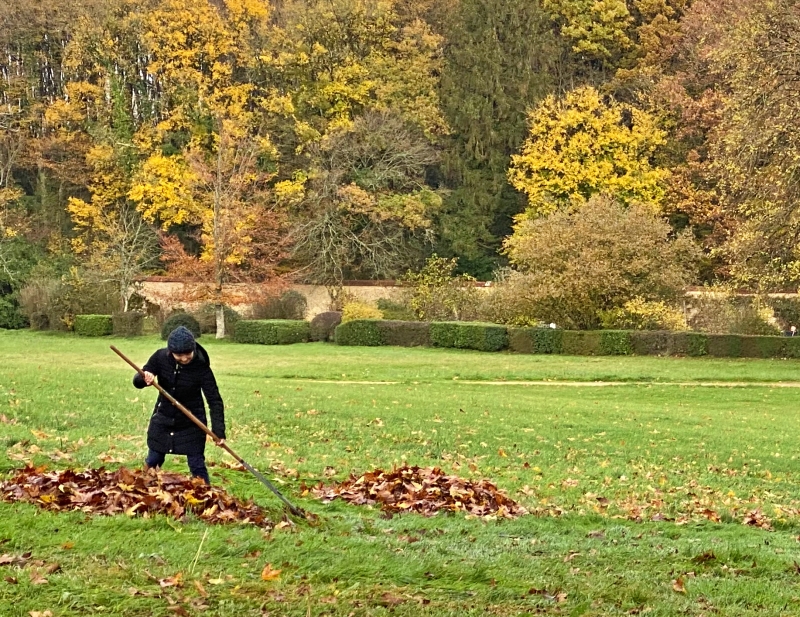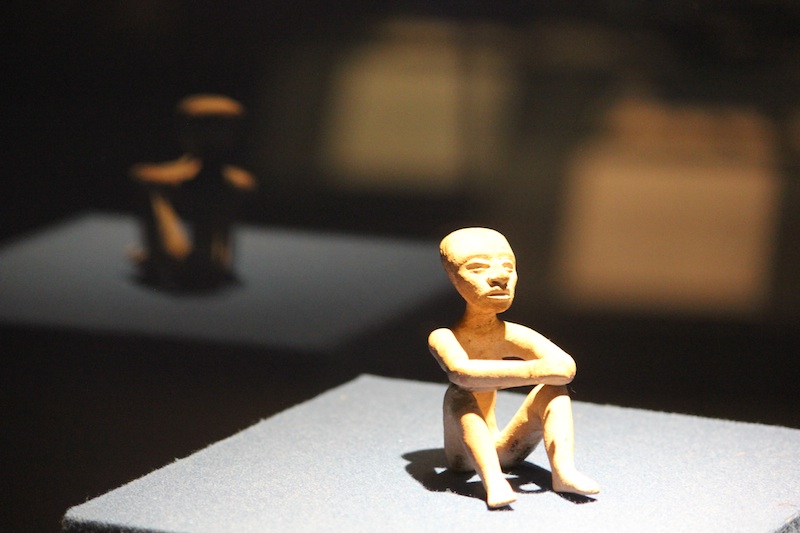The Greek word in Aristotle describing happiness is eudaimonia. It’s not happiness in the ordinary sense, getting what I want. It describes a flourishing, a well-being. And it is achieved in the Greek mind by virtue. And virtue doesn’t mean just doing good. Virtue is about doing everything we do in an excellent way. So you could be a virtuous carpenter, or a virtuous street cleaner, or a virtuous politician, or a virtuous mother, or a virtuous lawyer. If you do what you’re doing, what is your duty to do, as excellently as you can, that is virtue. And it is, of course, the direct result of the attention we give to what we do, to our work in life, to our relationships, to our duty. If we give our full attention to it, and that means the attention that comes out of the true self, out of our spirit, from the heart, if we can put our mind, body, soul, strength into it, if we can do it with our whole heart, that means the work we do has virtue.
( The Brick Wall of the Ego 2 by Laurence Freeman OSB )





